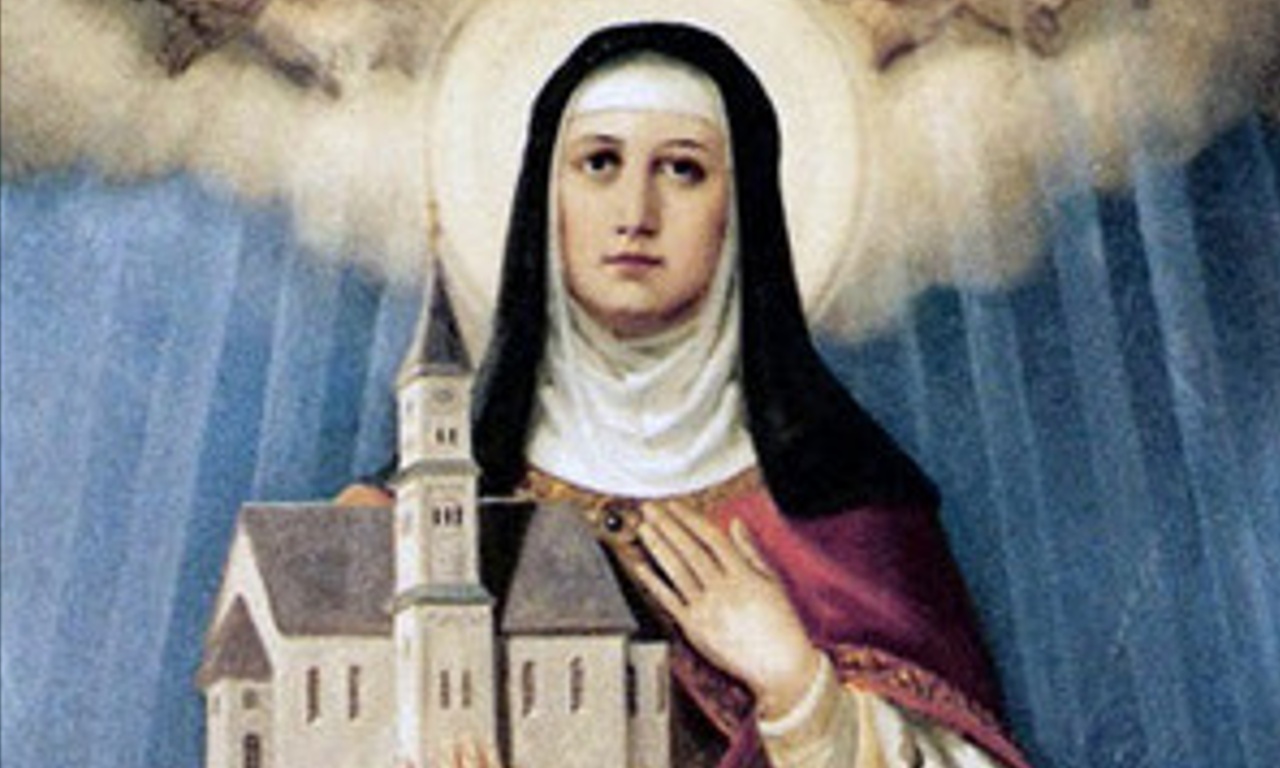In those days, Elijah the prophet went to Zarephath. These words began our first reading today, and the introductory phrase, in those days, provides a context clue for us. God is doing something specific, and he is doing it at a specific time. We understand God’s movement in history more fully when we understand what was going on in that history.
What was going on, in those days, was that God’s people were a mess. Their King, Ahab (the seventh King of Israel), had married a princess from a pagan nation. Under her influence, he led the Israelites in turning away from the Lord to worship Baal, making it the official state religion. Israel was mired in disobedience, idolatry, unfaithfulness, and stubbornness, and Elijah was the latest of many prophets whom God would send to Israel to make known to them the evil of their ways and call them to repent.
And yet – the very first interaction he has in his mission belies what was just said. The widow to whom he was sent is a model of faithful obedience. She has great trust in God and his provision, and she is rewarded in her sacrifice. Even in the midst of darkness, a small light of faith shines brightly. Through the actions of the widow the Lord demonstrates the importance of genuine faith, the significance of sacrificial giving, and God’s provision and faithfulness to those who trust in him.
Jesus was the latest, and the last, of those whom God would send to his people. And in those days, of Jesus’ time on earth, God’s people were still, somewhat, that proverbial mess. The religious leaders exploited their people and lived as hypocrites under the law – saying one thing and doing another. And in the midst of this cultural sinkhole arose the sight of a firm foundation: a widow, again in our story, whose sacrifice and faithfulness drew the praise of Jesus. She paid her temple tax with money she, by all intents and purposes, didn’t have.
We don’t see in the story an immediate reward to this widow, as transpired in the first reading. But we know Jesus sets her before his disciples – men who would go forth and lead the Church after his death, resurrection, and ascension – and says: “This is what discipleship looks like. Give your all, give what is worth most to you, most important to who you are, most necessary for flourishing, over to God. Sacrifice what you have out of love and devotion.” Through the actions of the widow the Lord demonstrates the importance of genuine faith and the significance of sacrificial giving.
Jesus doesn’t say more here, but we know the rest of the story. It is what we celebrate on this day: God’s provision and faithfulness to those who trust in him.
“In those days,” the high priest [entered] each year into the sanctuary with blood that [was] not his own. Those days are no longer. Through the actions of his Son, the Father has shown us a model of faithful obedience, whose sacrifice of self, once for all … take[s] away sin. On this day, we give thanks, and sing praise to the Lord who will come again, and bring salvation to those who eagerly await him.
(Fr. Michał Pająk, OMI, Nov. 10, 2024)

